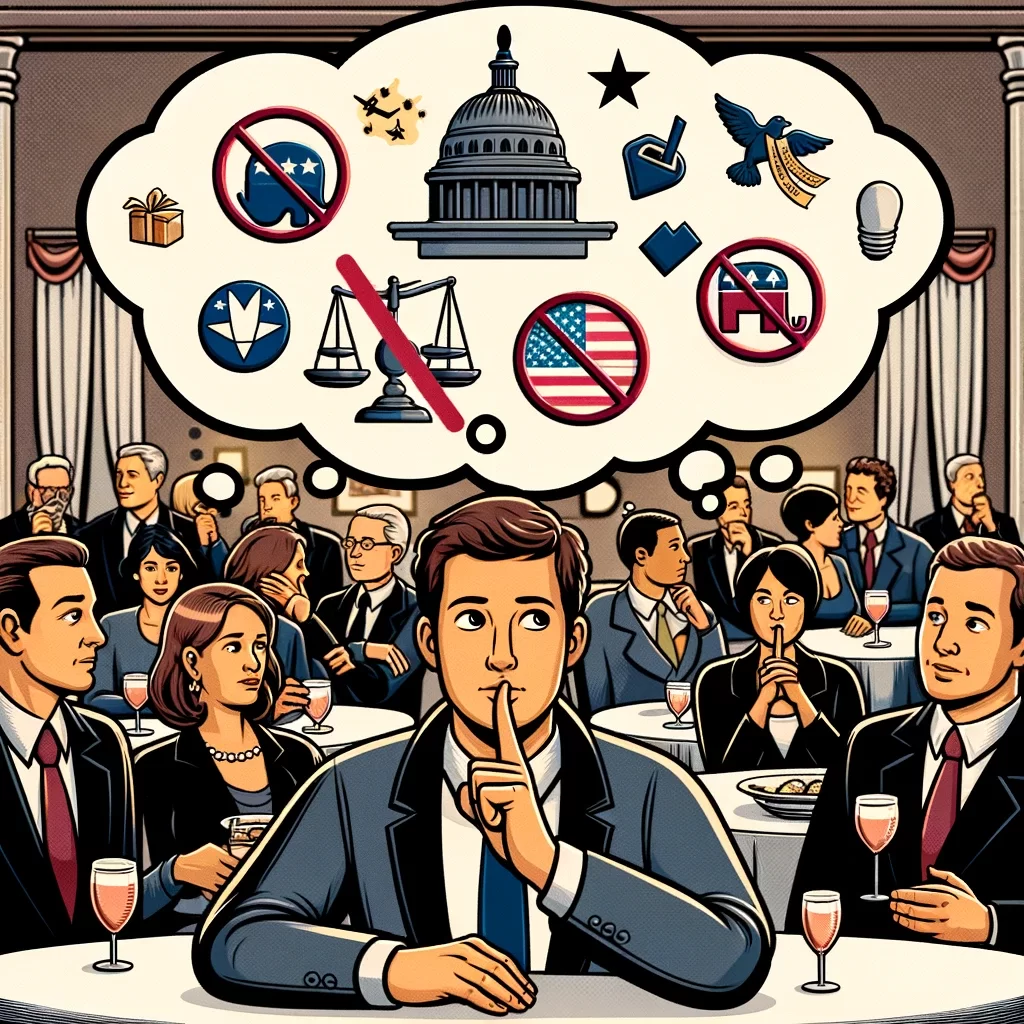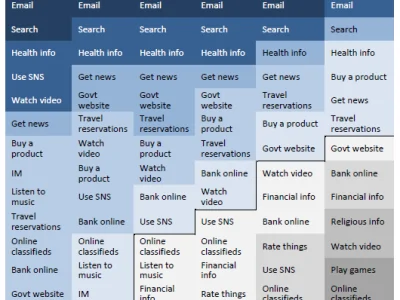
Social etiquette is the set of rules and norms that guide how people behave in different situations. It helps us to be polite, respectful, and considerate of others. However, social etiquette is not fixed or universal. It changes over time and across cultures. What was once considered rude or improper may now be acceptable or even fashionable. Here are 12 social etiquette rules that were followed religiously in the past but are now less stringent or even obsolete.
1. Don’t wear white after Labor Day
This rule originated in the late 19th and early 20th centuries when white clothing was associated with summer leisure and wealth. Wearing white after Labor Day was seen as a faux pas, implying that you didn’t know how to dress appropriately for the season. This has lost its relevance in the modern era, as fashion trends have become more diverse and flexible. White can be worn all year round, as long as it suits the occasion and the weather.
2. Don’t put your elbows on the table
This rule was meant to prevent people from slouching or leaning over their plates, which was considered rude and unhygienic. However, this is not as strict as it used to be, especially in casual settings. As long as you don’t take up too much space or interfere with others’ eating, putting your elbows on the table is not a big deal.
3. Don’t split the bill
In the past it was customary for one person to pay for the entire bill when dining out, usually the host or the man. Splitting the bill was seen as cheap or tacky. This has changed with the times, as more people value equality and independence. Splitting the bill is now a common and acceptable practice, especially among friends or colleagues.
4. Don’t wear hats indoors
This rule was based on the idea that hats were meant to protect you from the elements outdoors, and that wearing them indoors was disrespectful or lazy. This has become more relaxed in recent years, as hats have become more of a fashion accessory than a necessity. Wearing hats indoors is now acceptable in many places, such as restaurants, bars, or shops.
5. Don’t talk about politics or religion

This rule was meant to avoid controversial or divisive topics that could lead to arguments or offend others. This has become less relevant in the age of social media and information overload, where people are exposed to different opinions and perspectives every day. Talking about politics or religion is now more common and acceptable, as long as you do it respectfully and constructively.
6. Don’t use your phone at the table
This rule was meant to prevent people from being distracted or rude when having a meal with others. This has become more flexible in the digital era, where phones are used for various purposes, such as taking pictures, checking messages, or making reservations. Using your phone at the table is now acceptable in some situations, as long as you don’t ignore your companions or disrupt their eating.
7. Don’t wear black to a wedding
This rule was based on the association of black with mourning and death, which was seen as inappropriate or unlucky for a wedding. This has changed with the evolution of fashion and culture, where black is now a chic and elegant color that can be worn to any occasion.
8. Don’t ask personal questions

This rule was meant to respect people’s privacy and boundaries and to avoid prying or gossiping. However, this rule has become less strict in the modern world, where people are more open and curious about each other’s lives. Asking personal questions is now acceptable in some contexts, such as getting to know someone better, showing interest or empathy, or seeking advice.
9. Don’t wear jeans to work
This rule was based on the notion that jeans were too casual or unprofessional for work environments. This rule has changed with the rise of creative industries and flexible work arrangements, where jeans are now a staple of many workers’ wardrobes.
10. Don’t chew gum in public
This rule was meant to prevent people from making noise or looking sloppy when chewing gum in public places. This rule has become more lenient in recent years, as gum has become more popular and acceptable as a way to freshen breath, relieve stress, or improve concentration.
11. Don’t wear sneakers with dresses or suits
This rule was based on the idea that sneakers were too sporty or casual to match with formal or elegant outfits. This rule has changed with the emergence of athleisure and street style, where sneakers are now a trendy and versatile choice that can be paired with any outfit.
12. Don’t regift
This rule was meant to prevent people from being dishonest or ungrateful when giving gifts to others. However, this rule has become more relaxed in the current era, where people are more conscious of sustainability and minimalism. Regifting is now acceptable in some cases, as long as you do it tastefully and thoughtfully.
Read More:
5 Dream Jobs That Pay Millions
5 Things You Should Know Before Buying Land
Tamila McDonald is a U.S. Army veteran with 20 years of service, including five years as a military financial advisor. After retiring from the Army, she spent eight years as an AFCPE-certified personal financial advisor for wounded warriors and their families. Now she writes about personal finance and benefits programs for numerous financial websites.






